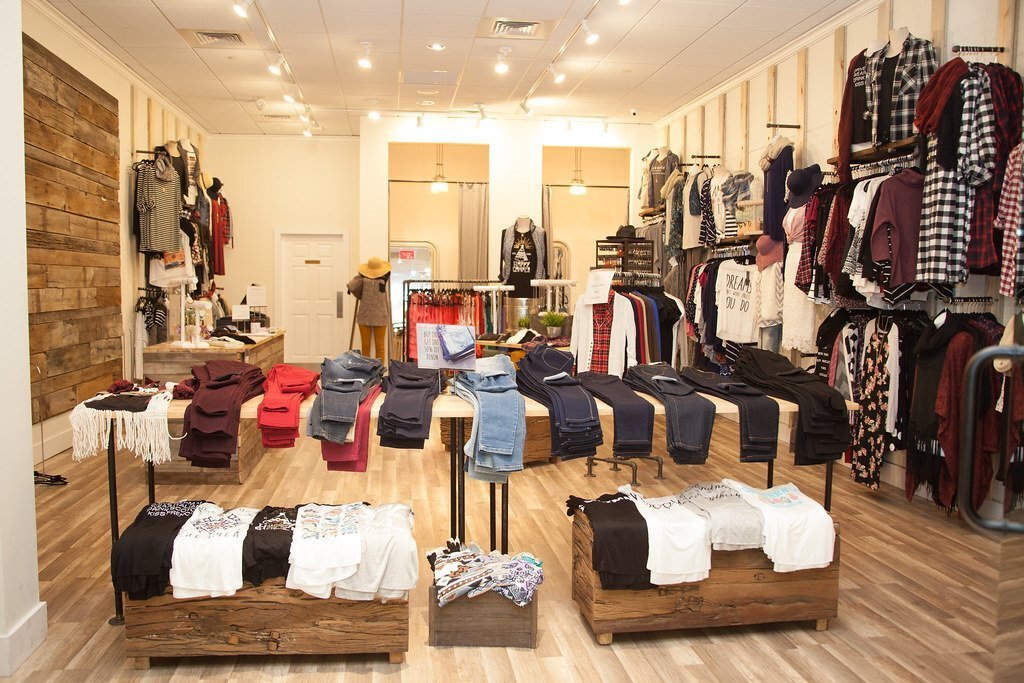November: A Time to be Empowered
Rhea Matharu
Grade 11 Copy Editor & Production Head
I believe, in order to be empowered to take action about this unrevealed (for now) issue, you will need to be in a different perspective. Close your eyes and read the following.
You begin as a piece of cheap fabric that required 2700 litres of water (an average person drinks this in 2.5 years). The workers are tired, struggling with scars on their hands, to piece you together for a living wage. However, you are only one of many. About 140 billion garments *are manufactured each year. The amount of resources spent on you account for nothing as you have a short lifespan. Your impact? You produced 1.2 billion tonnes of CO2 (per year), yet end up in a landfill producing more methane. *
This horrifying perspective effectively portrays the product life cycle that a fast fashion piece of garment experiences. This exposes the perceived benefit of $20 jeans that last for a very short amount of time due to its cheap materials. This short lifespan is largely because of brands like Forever21, Zara, and H&M wanting to match the growing demand for new, trendy clothing, resulting in new clothing designs and styles being created every few weeks! Instead of two season cycles, there are at least 52 seasons for clothing in the fast fashion industry.
Now that you have learned about the harms of the fashion industry, learn about what you, the consumer, can do to help.
- Reduce the amount of clothing you buy from fast fashion stores, or
even better, stop shopping there altogether. Shop from thrift stores or stores that sustainably produce their items. The decreasing demand is sure to change their manufacturing processes.
- Instead of throwing out your clothing, donate it to stores that
accept them or your friends/family. Before buying your clothes, make sure you know that you will wear it a significant amount of times.
-
Reach out to these fast fashion brands to express your concerns.
- Spread awareness to people you know to expose the hidden truths
behind these companies.
This November, empower yourself and others to create less carbon emissions. The fast fashion industry is one of the largest contributors, if not the largest, to climate change. Surprisingly, it is not one that people think of. It’s harm on the planet and terrible working conditions in factories must be put to an end.
